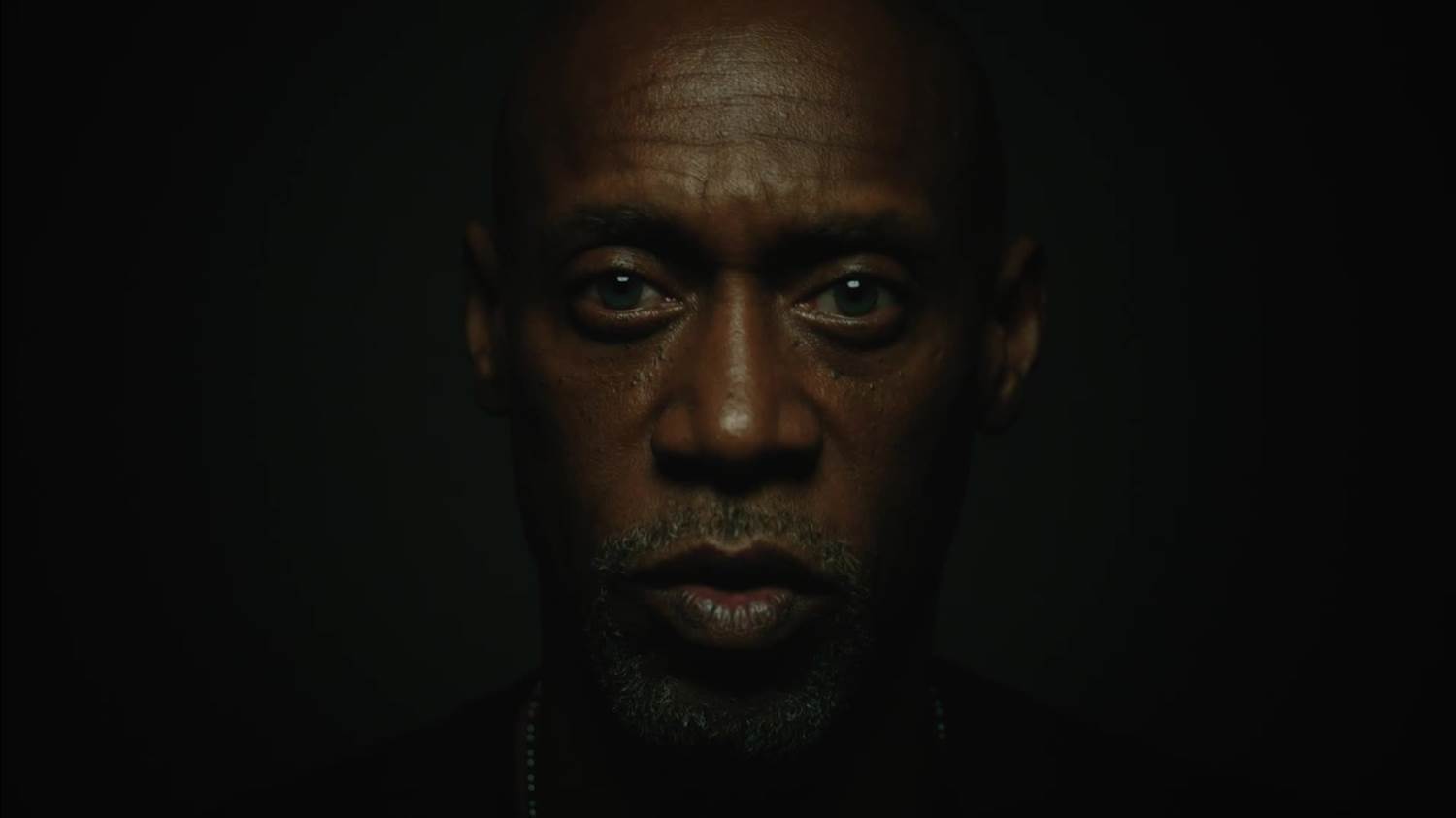TV Review: 30 for 30’s “False Positive” Tells a Frustrating Story That Runs Just a Tad Too Long
ESPN’s 30 for 30 series of documentary is world renowned for their expert retelling of some of the most thrilling sports stories ever. And sometimes those stories extend so far beyond the world of sports that you almost forget exactly what you’re watching at times. That is the case for the most recent installment.
False Positive tells the story of Butch Reynolds in full, beginning with his childhood in Akron, Ohio, to global fame, to his subsequent suspension by the IAAF. The documentary delves into Reynolds’ relentless battle to clear his name, revealing systemic flaws within sports governance and the enduring impact of false accusations on an athlete’s legacy. As the documentary makes clear, when it comes to a story like his, the real truth is found beyond the headlines. And it’s that truth that ultimately defines who a person really is.
Before diving into specifics, it should be known that False Positive hits most all the trademarks of great 30 for 30 documentary. The story is expertly told from a variety of points of view and several impactful emotional beats. Those who have been watching 30 for 30 for years will not be surprised by the overall quality of the filmmaking with this latest installment.
With that being said, the subject matter of this particular story simply hits a bit different than so many others. For a bit of personal reference, I was once told by a friend that I needed to watch Netflix’s Making a Murderer docuseries because “it would make me so angry." My immediate assessment was that was not exactly something I wanted to experience. While the story of False Positive doesn’t quite reach the degree of Making a Murderer, which I still have not watched, it does evoke the same emotion. Viewers who may not be familiar with the story should be prepared to be frustrated or even angry.
Of course, it helps to hear so much of the story from Reynolds himself, as well as the many people who were right by his side throughout his fight. Reynolds comes across as a very endearing individual, without the doc ever fully taking his side and telling the audience he was truly innocent, which is a very fine line to walk. The doc also features some of his former rivals and those who opposed him at times, which helps to balance out the narrative as well.
Ironically, for a story about a man who held a world record for speed, the doc is a bit slow at times. While those aforementioned emotional beats are important as are a lot of the technical looks at the legal system which plays such a huge role in this story, they both stretch the doc out just a bit too much. While False Positive certainly peaks at times and has a very interesting story to tell overall, it also gets into some lulls that keep it from fully holding your attention for its full 90-minute runtime.
Overall, False Positive has a very important story to tell and it does so in the expert fashion for which 30 for 30 has been known. However, it’s much more likely you will come away from your viewing feeling frustrated or angry, rather than entertained. And while there is certainly an audience that will enjoy that, this new doc likely doesn’t appeal to the much broader audience of sports fanatics that so many 30 for 30 installments do. Still, it’s worth a watch for those interested in the legalities of the sports world. Though, perhaps this story would have been better suited in an abridged form as a 30 for 30 Podcast.
30 for 30’s False Positive is now streaming on ESPN+.




